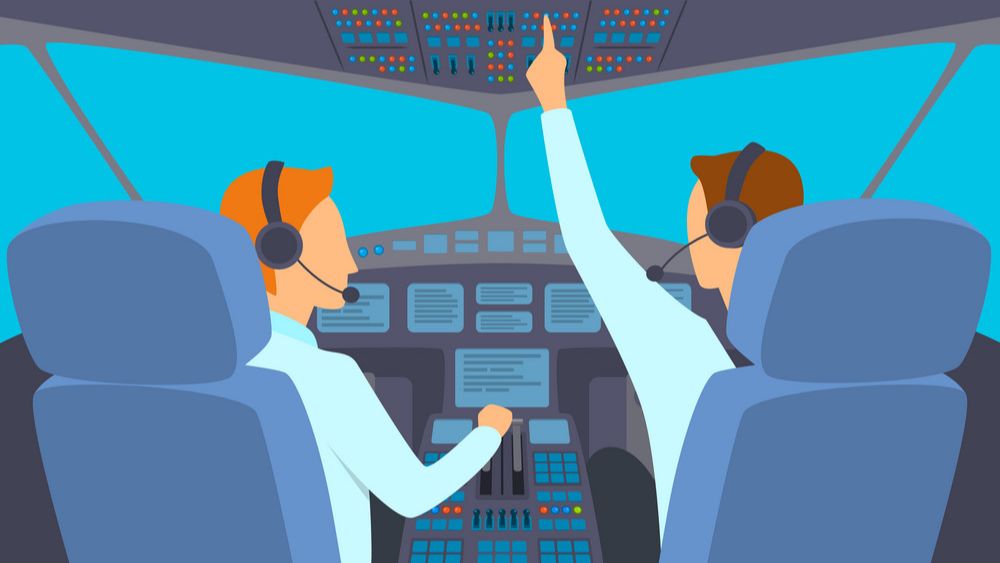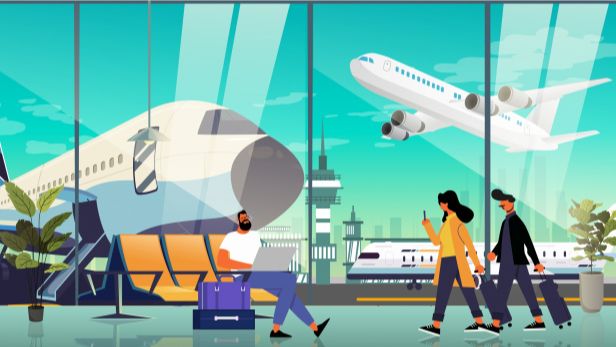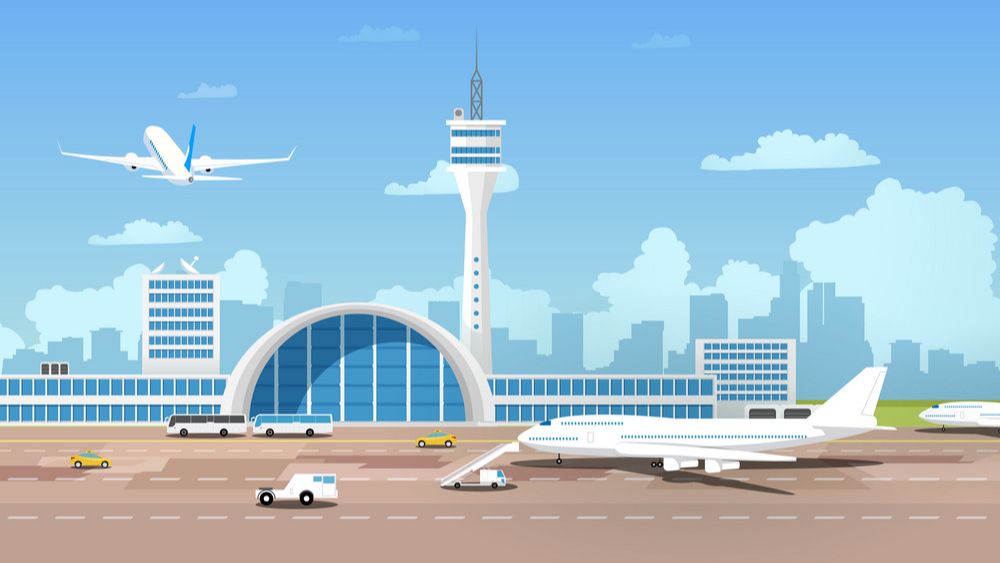This isn’t exactly breaking news, but it bears repeating. The COVID pandemic is not just a health and humanitarian crisis, but an economic shock in strange and interesting ways. Over the past few months, countries worldwide, including the US, have imposed travel restrictions in an attempt to curb the spread of COVID. Airports have closed. Incoming and outgoing flights have been suspended. Nationwide lockdowns have been implemented to help contain the pandemic.
No Flights Means No Cargo Space
Back in March, the State Department issued a Level 4 “do not travel” advisory. Level 4 recommends US citizens should avoid any international travel. Even interstate travel has been discouraged and two-week quarantines for travelers from hotspot states. It’s the highest travel advisory the federal agency can issue. In the same month, the EU enforced a 30-day ban on nonessential travel to at least 26 European countries from the rest of the world.
Nearly 95% of the world’s population now lives under coronavirus-related travel restrictions. That’s around 3 billion – WITH A ‘B’ – people living in countries that have imposed complete border closures to all foreigners.
To put it simply, pretty much no one is flying. Airlines are cutting flights from their schedules and furloughing thousands of their crew. Qantas even retired all their 747 planes 18 months ahead of schedule. Airports are ghost towns, and cargo space is at a premium. Forget trying to sneak that extra carry on under your coat.

From Passengers to Packages
Like all successful businesses and lives on the planet, the ability to adapt may ensure survival.
Roughly half of all air freight travels as ‘belly cargo’ on passenger aircraft. So why do airlines give passengers grief when a bag is a pound or two over the baggage limit? Moving on. The steep decline has seen freight forwarders scramble to transport urgent items, such as PPE.
COVID’s global economic slowdown has seen air freight volume drop by more than 25% from the previous year. With Airlines’ cash reserves dwindling due to the lack of passenger revenue, air freight has been a saving grace. It’s also led to some bizarre sights onboard luxury passenger planes.
Passenger cabins are brimming with cardboard boxes secured with netting, and packages are planted atop seats and stacked on the floor of a stripped-out interior. Sometimes in first-class accommodations.
Airlines across the globe have increased cargo-only flights by more than one-third. While COVID continues to restrict passengers from flying, cargo operation has never been more critical for both airlines and in keeping vital global supply chains running.

A PSA On BSAs
Don’t get ahead of yourself though, even with cargo-only flights increasing; space is at a premium.
Shippers looking to move stock via air should expect sky-high freight rates to remain elevated. Carriers continue to scrap or renegotiate Block Space Agreements (BSAs) with forwarders, elevating contract rates, and pushing up load costs.
Airlines sell cargo space to forwarders via BSAs, generally negotiated in the lead up to summer and winter seasons. The strength of the market typically determines space allocation. In the current high demand-low capacity environment, forwarders are being pushed towards rates that are much higher than under typical BSAs.
For example:
The China-North America air cargo rate for August is 74% higher than at the same time in 2019.

Belly Of The Beast
It is not out of the question for all general cargo BSAs from belly carriers (passenger airlines) to be scrapped due to the lack of passenger flights. It’s a different story with all-cargo carriers.
Many all-cargo carriers have renegotiated rates and what shippers are paying on the trans-Pacific and Asia-Europe routes to reflect the limited availability of belly capacity. The problem isn’t as simple as carriers won’t commit as much space, it’s that shippers and carriers are dealing with extreme uncertainty about future demand and price levels. Making significant and financial agreements is difficult and potentially dangerous.
Looking Up
Despite all this doom and gloom, industry insiders see air cargo heading for a strong fourth quarter, but uncertainty dominates. No one knows the future impacts from the COVID pandemic, on transport, or the humanitarian, financial, or political fronts. For now, we are in a wait-and-see position when airlines can move passengers and belly cargo.
If you have any questions, please reach out to the CargoTrans team here.





